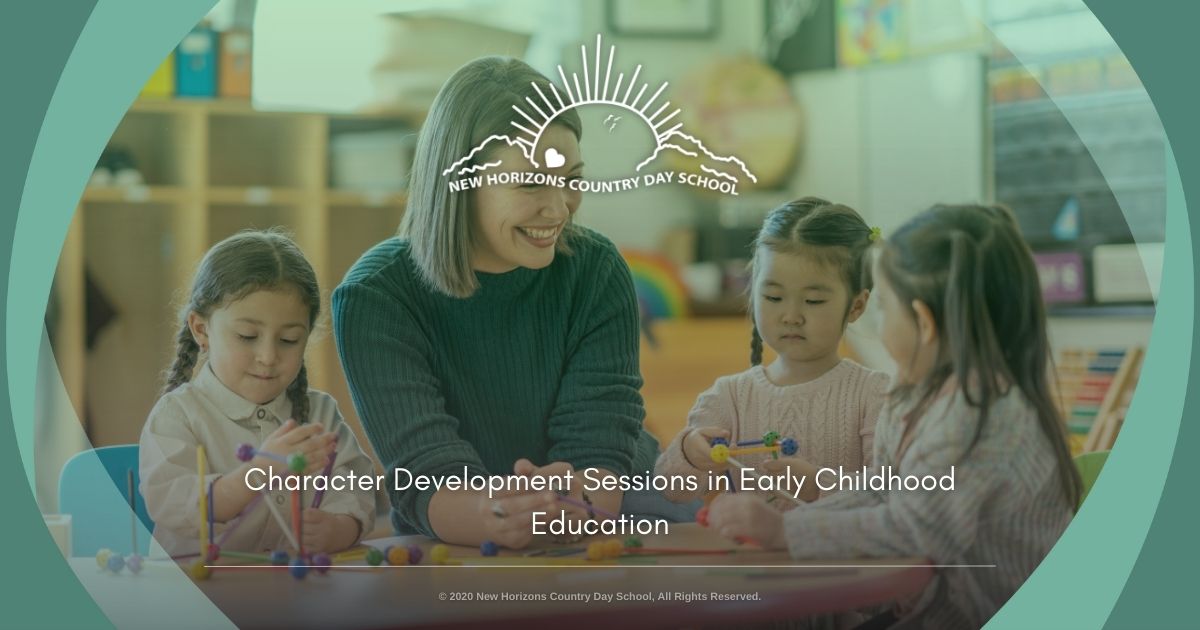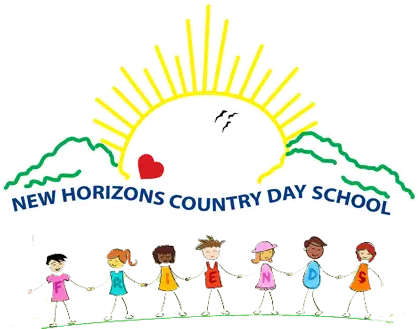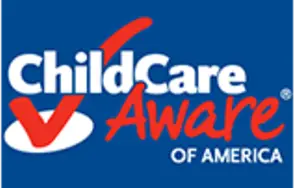
When people talk about someone having a good character, it can be a little vague. Yes, the person may be friendly or honest, but how does this relate to a person’s true character?
A person’s character means who that person is at their very core. It describes the traits and values that are most important to the person and can give you insight into how the person lives their life and interacts with others. In the words of renowned coach John Wooden, “The true test of character is what someone does when no one is watching.”
Character develops early in a child’s life, and their early experiences can contribute to forming these values and traits. Sometimes, parents and other people may believe that a child’s character is something they’re born with. Parents may observe their children’s behaviors, interactions, and mannerisms early in life and make assumptions about who they will become later in life.
While some aspects of character are present at birth, many other important values, habits, and attitudes can be learned. Young children who engage in character-building lessons at home and in school can come to value traits like honesty, kindness, and respect.
This article will explore character development sessions in early childhood education and their impact on a child’s character throughout preschool and beyond. Reach out to the dedicated educators at New Horizons Private School to learn more about how we support our little learners’ character development or to schedule a tour of our incredible learning center.
Character Development Sessions in Early Childhood Education: The Basics
Preschool-aged children are capable of learning broad and complex concepts when presented in developmentally appropriate ways. Young children are born explorers who want to use their senses to explore the world around them. They are naturally curious and often eager to learn about new ideas, events, and activities.
Introducing the idea of character development in early childhood education may seem like a daunting task. However, there are three areas where teachers can naturally introduce character development sessions in a preschool setting.
Play
Young children want–and need–to play. Maria Montessori described play as “the work of childhood,” and this is true at New Horizons. Preschool-aged children learn a lot while playing in an enriching environment. They develop social skills through interactions with peers and staff, discover independence as they navigate new tasks, and build creativity by testing new ideas and making connections.
Play is a natural time to introduce character development sessions. Teachers may guide their students as they work out problems or navigate social issues.
Global awareness
Children develop character by learning to respect others’ ideas, needs, and points of view. Teachers in a preschool setting can support children’s character development by reading stories about being good friends, helpers, and community members. They may lead their children in identifying people in the community who need help and finding a way to serve others in some way.
Teachers may also integrate character development sessions that provide exposure to people in other countries or those with different cultures and beliefs. Promoting respect and dignity of all people–regardless of where they come from or what they believe–can be a crucial aspect of a child’s character development.
Lesson plans
Early education teachers may integrate character development sessions throughout the day. Teachers may choose a character trait of the week and focus on it in the lesson plans and conversations with students. For example, if the character trait of the week was “respect,” the teacher may reinforce the value of listening when the teacher is talking, not touching people without asking, saying “please” and “thank you,” and other developmentally appropriate signs of respect for others.
Character development sessions don’t always have to be formal or even pre-planned to be effective. Teachers can focus on the values that contribute to good character and use a variety of methods to introduce and reinforce them throughout the day.
Simple Activities That Promote Character Development in Young Children
There are many values associated with a good character. Some of them include:
- Service to others
- Gratitude
- Respect
- Gentleness
- Generosity
- Courage
- Kindness
- Calm/Control
There are many ways to encourage these traits in young children. Here are a few simple ideas to get you started:
- Bake or create something with your child, then share it with a friend or neighbor
- Allow your children to hold something delicate while demonstrating how to be gentle with it
- Encourage your child to say “please” and “thank you” to you when you help them–and be sure to say it to them, too
- Give your child the opportunity to try something new–but do not force them to participate
- Show your child how to take slow, deep breaths when they are sad, worried, or angry
- Teach your child to be respectful to all living things by showing them how to pet a dog gently (after asking the owner, of course)
Little moments each day can add up to character development. Integrate these concepts into your everyday activities and talk about them often to reinforce them throughout your child’s early years.
Learn More
Reach out to the New Horizons Private School staff now to learn more about how we support character development daily or any of our enriching pre-K programs. We look forward to meeting you and your child soon.








